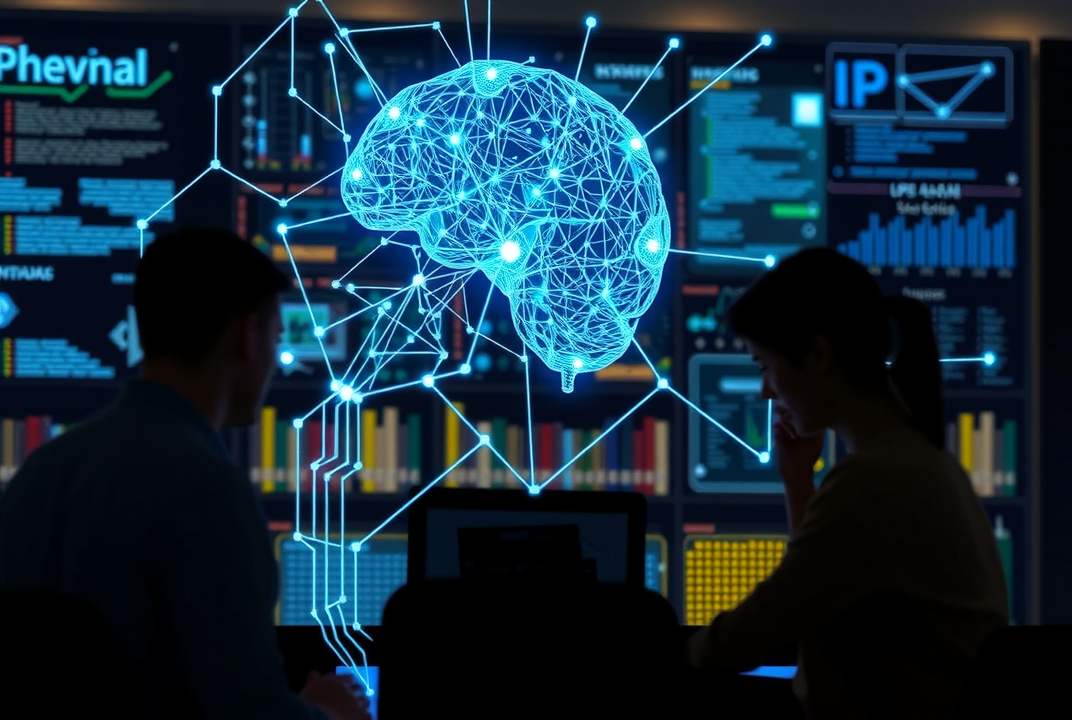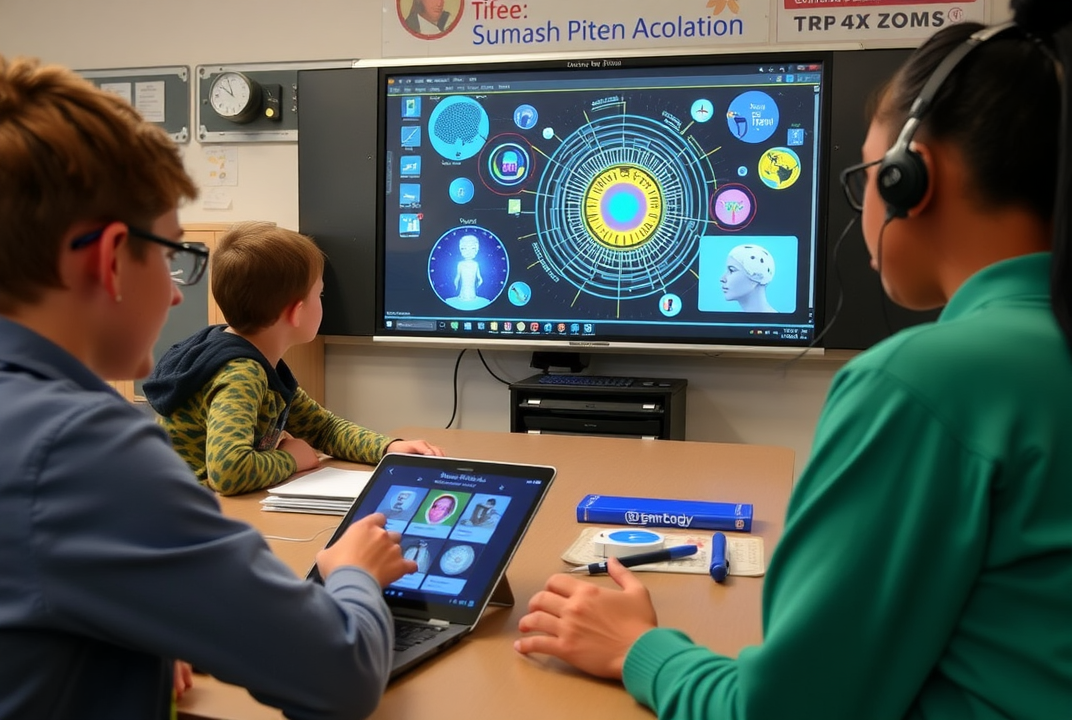AI in Education: Enhancing Learning Experiences

Introduction
Artificial Intelligence (AI) stands at the forefront of educational transformation, changing how students learn and teachers instruct. With rapid technological developments, AI is becoming an integral part of modern education, fostering personalized learning and improved engagement. This article explores AI's transformative role in education and presents insights on its future impacts.
What is AI in Education?
AI in education involves using intelligent machines to enhance and automate learning processes. This technology can analyze students' performance, predict learning outcomes, and customize educational content to individual needs. With AI, education becomes more accessible and adaptable to each learner's unique requirements.
Key Benefits of AI in Education
-
Personalized Learning Experiences: AI enables the creation of individualized learning plans based on students' strengths and weaknesses, ensuring more effective learning.
-
Efficient Administrative Processes: Automation of administrative tasks such as grading and scheduling allows educators to focus more on teaching.
-
Enhanced Student Engagement: AI tools create interactive and engaging learning modules that motivate students to participate more actively.

AI-Powered Tools Transforming the Classroom
Several AI-powered tools are making their way into classrooms, revolutionizing traditional teaching methods.
-
Adaptive Learning Technologies: Such tools adjust the difficulty of tasks in real-time, providing students with the right level of challenge.
-
Language Processing Applications: These applications help in learning new languages by providing instant feedback and correction.
-
Intelligent Tutoring Systems: Offering immediate feedback and personalized guidance, these systems support students outside regular classroom hours.

Addressing Challenges with AI
Despite its potential, integrating AI in education presents challenges. Ethical considerations around data privacy and the digital divide must be acknowledged and addressed.
-
Privacy Concerns: Handling student data responsibly is crucial to gaining trust and ensuring compliance with regulations.
-
Digital Divide: Access to AI tools varies widely, and schools must work to bridge this gap through equal access to technology.

Real-life Applications and Success Stories
AI's use in education has led to significant success stories worldwide. An example is an AI system in Singapore that tailors math exercises for primary school students based on their performance, significantly improving math grades.
-
Case Study 1: An AI-enabled reading program in South Korea increased literacy rates by providing personalized reading materials and level-appropriate texts.
-
Case Study 2: In the U.S., AI-driven analytics tools have assisted teachers in identifying students at risk of falling behind, allowing timely intervention.

The Future of AI in Education
The future of AI in education looks promising, with ongoing advancements poised to further enhance learning experiences. Predictive analytics will likely play a vital role in informing educational strategies, leading to more data-driven approaches to teaching and assessment.
-
Predictive Insights: Schools might use AI to identify trends and make strategic decisions that improve student outcomes.
-
Continual Learning: With AI, lifelong learning becomes more feasible, supporting students well beyond traditional education timelines.
Conclusion
AI is not just reshaping educational content but is revolutionizing the overall learning experience. As AI technology continues to evolve, its integration into education will provide more opportunities for personalized and inclusive learning solutions. Educators and institutions must adapt and embrace these tools to maximize student success. Building a collaborative future where AI complements human skills and intelligence is essential to advancing education.